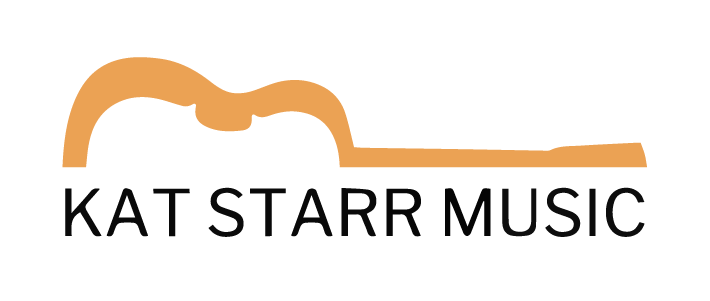Everyone knows that “practice makes perfect”. But what does that even mean? I remember in lessons when I was a child, my teachers would ask me if I practiced. Well, I had gotten out my instrument, played some things, saw something shiny, investigated the shiny object, come back played some more, petted a kitty. Yes! I had practiced. I don’t recall ever being told how to practice and that would have been really useful information.
Adult Learners
Adult learners have an advantage. I have had the pleasure of working with many adult students over the years. You know what I like about them? They know what they want. I’m happy to guide younger students until they find a style and genre of music that really speaks to them. But I’ve never asked an adult, “what are you interested in learning and why?” without them having a clear answer. This is awesome! All practice should be based on your desired end result. Once we have a target, I can figure out how to help you get you there.
Too often, though, I find that students tend to practice songs and not technique. When a skill is acquired for a song, it tends to stick with only that song and not transfer to new ones. When a skill is acquired through a study (etude) it changes the students’ relationship with the instrument, becomes a habit, and then a transferable skill. That’s not to say I expect four hours of technique study every day. Not at all! But practice should begin with technique study to set the tone of the rest of the practice.
For those that really like things spelled out (woot! my people!) here’s a basic guideline to start with. Try it out and then make it your own! This ‘recipe’ works both for adolescent and adult learners. Adolescents may need more direction (setting a timer, being told exactly what to work on, etc.).
Practice Plan for Adolescent and Adult Learners (Don't limit yourself to these suggestions, and for goodness sake, don't try to do them all every time!)
Technique (20% of your practice time)
Scales with metronome and/or sounding pitch (Ex: play an A major scale with a tone generator on A)
Scales using rhythm patterns
Ear training/Interval training
Etudes with metronome
Sight-reading
Repertoire (60% of your practice time)
Listen to a new piece
Learn a piece from sheet music
Learn a piece by ear on youtube by listening over and over
Practice the tricky parts, not just the fun parts (Young children do them 5 times perfect, older folks play them until they’re easy)
Oh, and for the record, it’s cheating to play the hard parts slow and the easy parts fast. Just sayin’. Got your metronome handy?
Create your own arrangement
Jam with another musician
Review (20% of your practice time)
Whatever you do, end your practice playing something you are already awesome and and enjoy! That way you’ll want to pick up that instrument the next time.
Music Theory
Something that’s helpful and doesn’t even require the use of your instrument is music theory study. Seriously, how cool is it to know the why of music, not just the how? Alfred’s Essentials of Music Theory is a good place for the beginner to start. I also offer lessons in music theory in person or via skype.
I hope this is useful for you! Please feel free to contact me with any questions.

